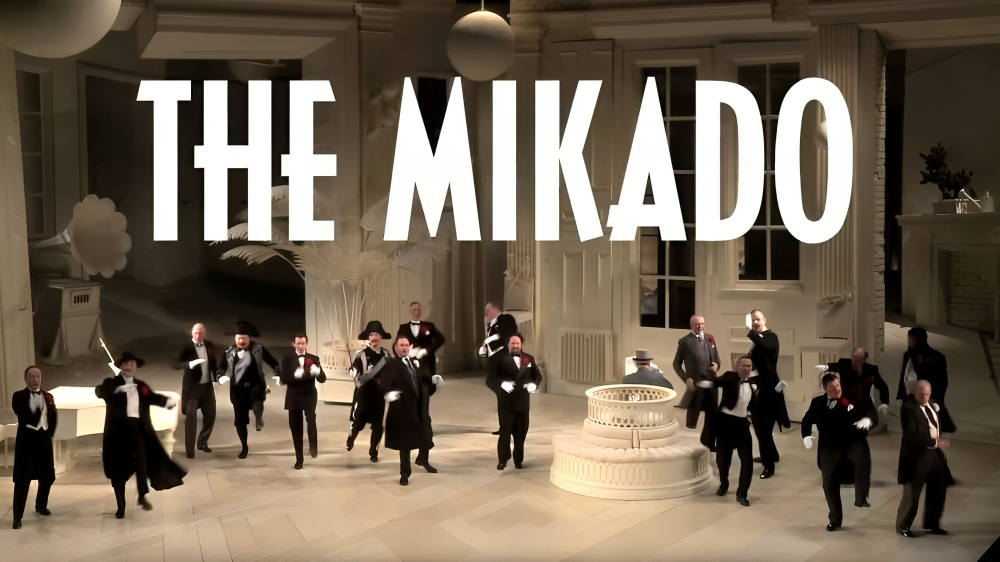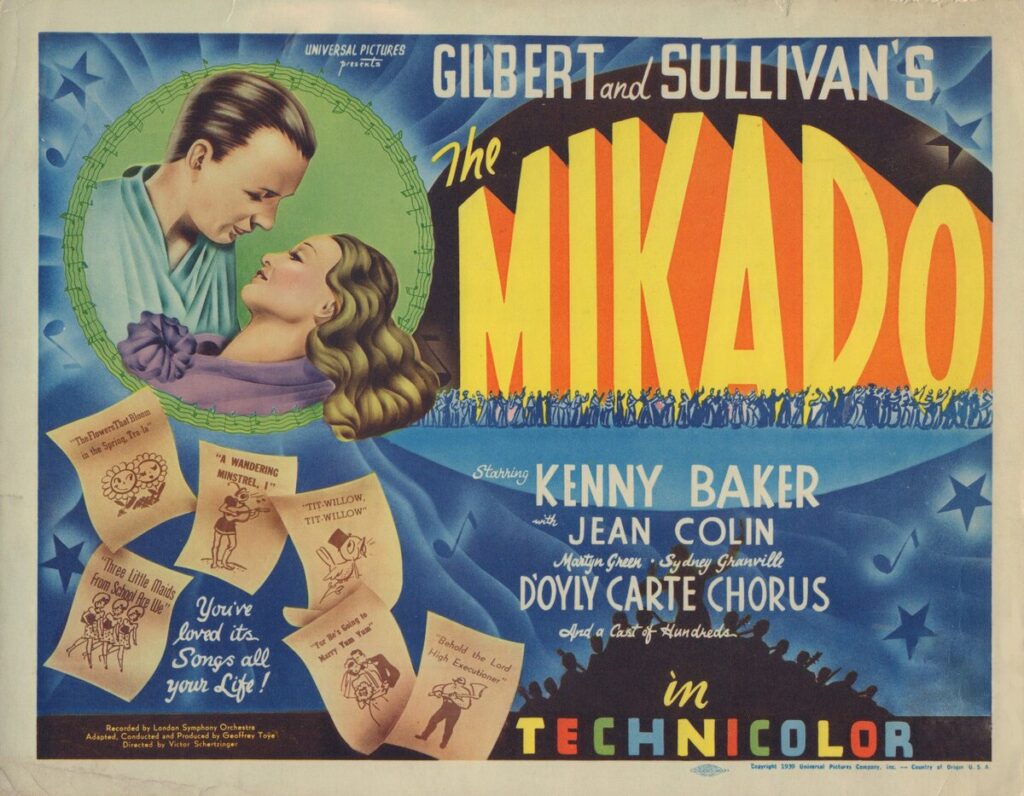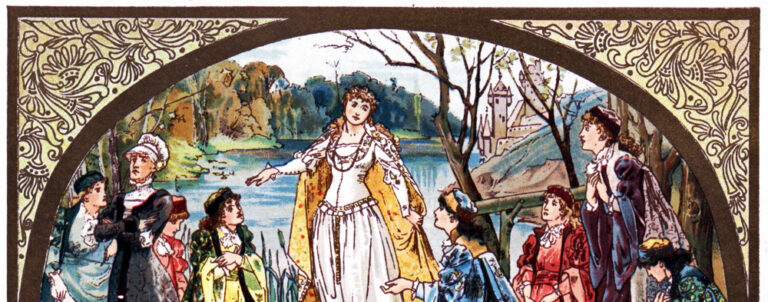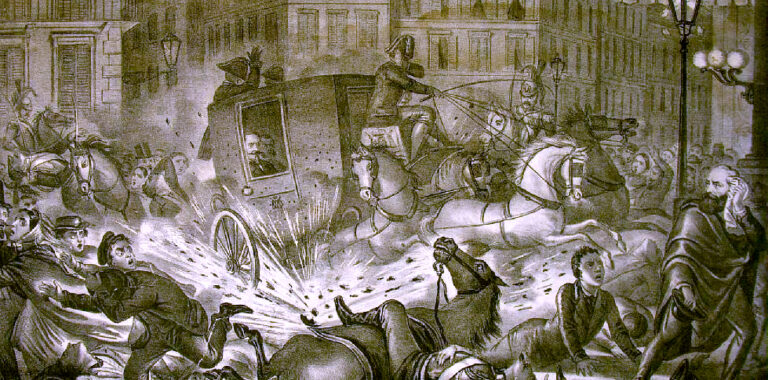Set in the fictional Japanese town of Titipu, The Mikado is one of the most popular and widely performed Gilbert and Sullivan operas. But beneath the exotic veneer lies a biting satire of British politics and justice.
A Satire in Delicate Disguise
Premiering in 1885, The Mikado uses its fictional Japanese setting as a thin veil for its true target: the British political system. The opera’s creators, W.S. Gilbert and Arthur Sullivan, crafted a world that was exotic enough to be acceptable to Victorian audiences while pointed enough to skewer contemporary British institutions.
The town of Titipu, with its nonsensical bureaucracy and convoluted legal system, becomes a perfect mirror for the absurdities of British politics. Through characters like Koko, the cheap tailor turned Lord High Executioner, and Pooh-Bah, who holds every government office except one, Gilbert exposes the ridiculous nature of self-perpetuating power structures

Characters as Political Archetypes
Through these characters, Gilbert and Sullivan create a world where absurdity rules, yet the parallels to real power structures are unmistakable.
Musical Subversion
Sullivan’s deceptively cheerful score serves as the perfect vehicle for Gilbert’s cutting words. The juxtaposition of beautiful, often playful melodies with lyrics about execution, political corruption, and social climbing creates the work’s distinctive satirical edge. Songs like “Three Little Maids From School” and “I’ve Got a Little List” showcase this brilliantly.













